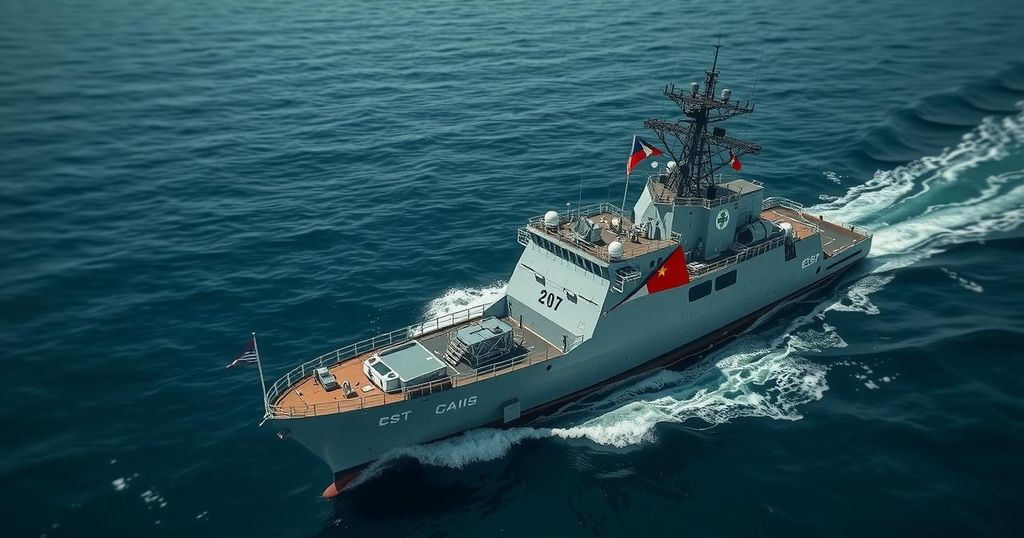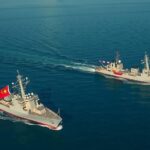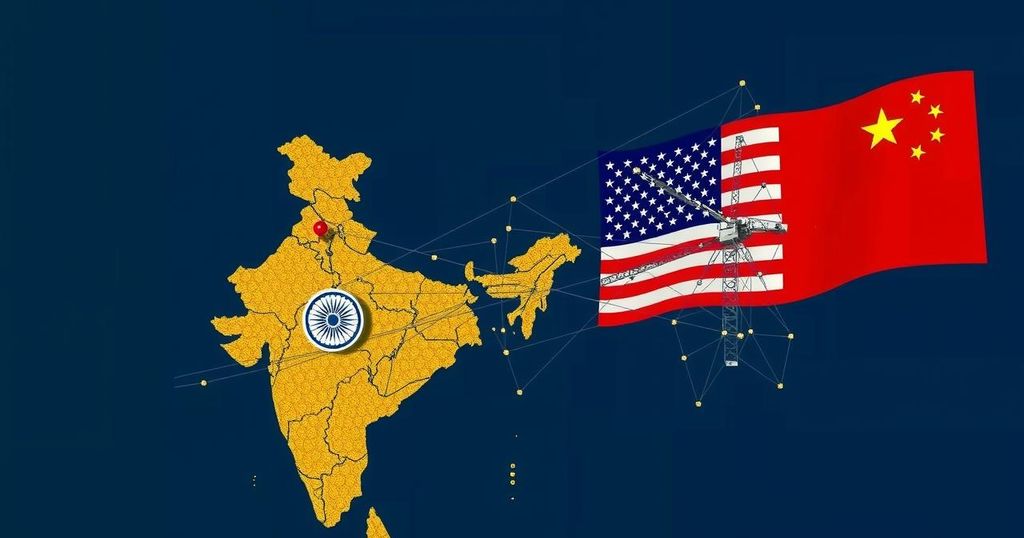Politics
ASIA, BEIJING, BRP SIERRA MADRE, BRUNEI, BUREAU OF FISHERIES AND AQUATIC RESOURCE, CHINA, CHINESE COAST GUARD, COAST GUARD, EUROPE, INDONESIA, MALAYSIA, MANILA, MEXICO, MUTUAL DEFENSE TREATY, NORTH AMERICA, PHILIPPINE, PHILIPPINE COAST GUARD, PHILIPPINE SEA, PHILIPPINES, PHILIPPINES COAST GUARD, SCARBOROUGH, SCARBOROUGH SHO, SCARBOROUGH SHOAL, SOUTH CHINA SEA, SURFING, TAIWAN, TERRITORIAL DISPUTE, TERRITORIAL DISPUTES, UNITED KINGDOM, VIETNAM, WEST PHILIPPINE SEA
Nia Simpson
China’s Coast Guard Aggression Against Philippine Patrol Vessel in Scarborough Shoal
Chinese coast guard vessels, supported by navy ships, used water cannons and engaged aggressively with a Philippine patrol vessel at Scarborough Shoal. Philippine officials reported that their vessels faced reckless maneuvers while on routine patrol to protect local fishermen. The actions occur amid ongoing territorial disputes that involve multiple Southeast Asian nations and U.S. interests in the region.
In a recent incident in the South China Sea, Philippine officials reported that Chinese coast guard vessels, accompanied by navy ships, aggressively targeted a Philippine patrol vessel. During routine patrol activities aimed at safeguarding Filipino fishermen at the Scarborough Shoal, the Chinese vessels utilized powerful water cannons against the BRP Datu Pagbuaya, hitting its navigational antennas and sideswiping the vessel. The Philippine coast guard confirmed that this confrontation involved multiple Chinese ships exhibiting reckless maneuvers, including blocking and shadowing Philippine vessels as they sought to carry out their duties in the contested waters.
This escalation follows a period of relative calm in the region after significant storms hindered maritime activities. The Philippine coast guard reiterated its determination to protect the rights and safety of its fishermen, emphasizing their commitment to national interests amid China’s expansive territorial claims. These aggressive actions raise tensions in an area already fraught with territorial disputes involving multiple Southeast Asian nations, underscoring the complicated dynamic of territorial sovereignty in the context of U.S.-China relations.
The Scarborough Shoal remains a focal point of contention, with China’s claim overlapping with the Philippines’ Exclusive Economic Zone and other nations’ territorial waters. The United States, while not claiming territory in these waters, has stated that the protection of Philippine forces falls under its treaty obligations, further complicating the regional security landscape.
The South China Sea is a highly contested region, with overlapping claims from several nations, including the Philippines, Vietnam, and China. The Scarborough Shoal has been a particular flashpoint, as it is vital to the livelihoods of local fishermen and is situated strategically in global trade routes. Tensions in this region have escalated over the years, with China asserting extensive claims in defiance of international arbitration rulings, such as the 2016 decision that invalidated its historical claims. The United States has a vested interest in maintaining freedom of navigation in these waters and has pledged to defend its allies against aggression.
Recent incidents involving the Chinese coast guard’s aggressive actions against Philippine vessels highlight the ongoing maritime disputes in the South China Sea. The situation demands heightened vigilance from the Philippine authorities as they strive to secure their fishermen’s rights amidst escalating tensions. The United States’ commitment to protecting its treaty ally further complicates dynamics in the region, underscoring the geopolitical stakes involved in this maritime conflict.
Original Source: abcnews.go.com








Post Comment